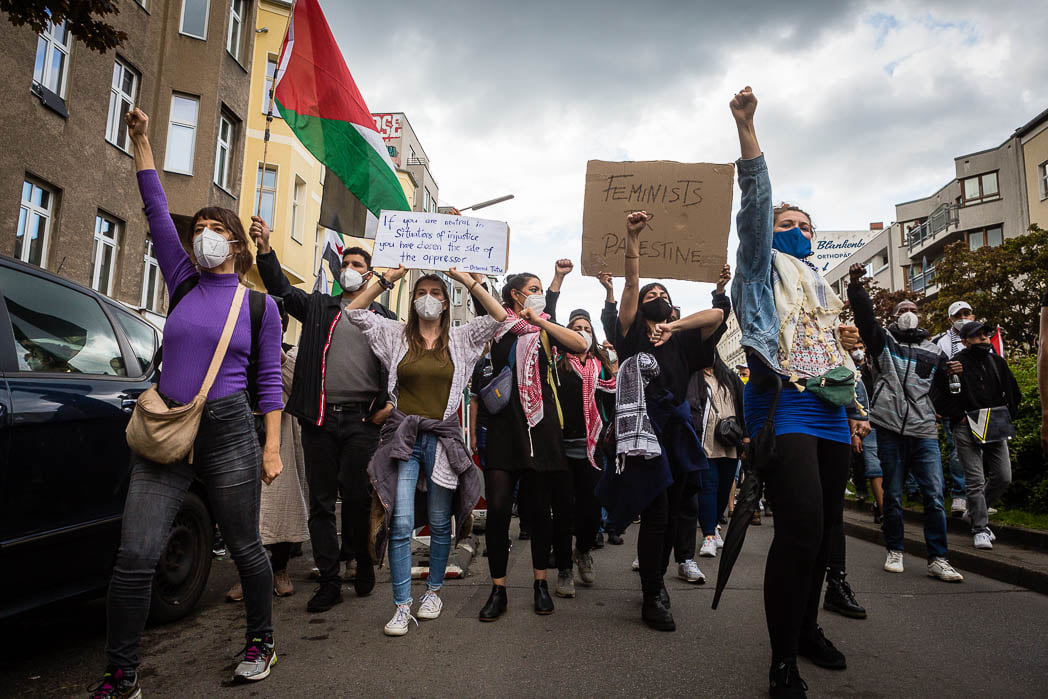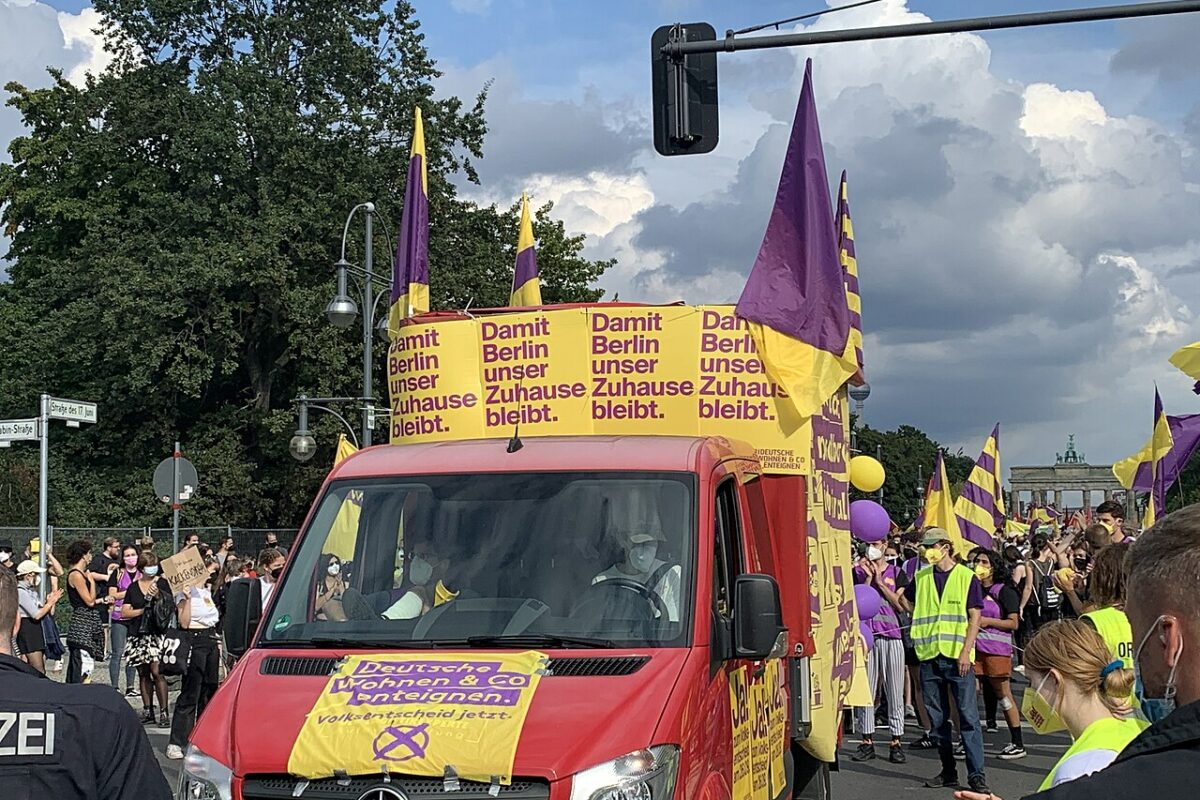On April 24, department A1 of the Greek Supreme Court announced that the party Spartiates (Spartans) was removed from the list of those allowed to participate in the coming European elections. The essence of the judgment of the Supreme Court is that “It has been proved that Ilias Kasidiaris, the actual leader of ‘Spartiates’, which is standing in for the banned Golden Dawn, never remotely disapproved or rejected hate speech, violent and racist action, within the criminal apparatus of theparty, of which he was a leading member”. [Decision Number: 1/2024, SUPREME COURT OF JUSTICE, A1′ CIVIL DIVISION]
Not surprisingly, the Supreme Court has just now discovered that Spartiates are the showcase of convicted and imprisoned former Golden Dawn commander Kasidiaris and a whitewash of the criminal Nazi organization. Everyone knew this a year ago, when Spartiates participated for the first time in parliamentary elections with court approval. There is now a pending trial against all eleven Spartiates MPs and Kasidiaris for deceiving the electorate about who the real leader of Spartans is.
The exclusion from the European elections took place after an appeal by Social Democratic PASOK, Syriza’s left split Nea Aristera (NEAR) and the governing right-wing New Democracy. Prime Minister Kyriakos Mitsotakis claims primacy in anti-fascism: “We fight far-right fascism in action, not in words […]” he declared. Is this good news for anti-fascists? The answer is no. It is sheer audacity that Nev democracy claims to deliver lessons in confronting fascism. We need to remember the way we fought against the Nazi gang Golden Dawn and the battles that led to its conviction as a criminal organisation.
A flawed argument
The main argument is not the ongoing demagogic public discourse about which party will “inherit” the votes of the fascist Spartiates. In this competition, New Democracy is competing with three ultra nationalist, racist, homophobic formations: “Hellenic Solution”, “Nike” (the party of the Orthodox Church) and the newly formed “Patriots”. In fact, the judicial exclusion of far-right parties for being “dangerous for the constitution” gave the opportunity to other, less extremist, far-right formations to purify themselves through the “good and bad far-right” division.
The far-right rhetoric of the members and MPs of Nike, Hellenic Solution and sometimes even of the ruling party, is equally dangerous for democracy. But these parties are trying to normalise their discourse, by counterposing a “bad and criminal” far-right, which must be removed, with a good far right, which not only is to be tolerated, but also govern the country…
The crucial question, though, is whether a constitutional ban is an efficient method for halting the advance of the far right. Let’s examine some parts of the long verdict of the Supreme Court:
The entire reasoning of the court is based on the following notion:
“a political party that incites violence and promotes political views that do not respect democracy, or that aims to dismantle it and violate the rights recognized by it, does not enjoy protection against legislative regulations that are presented as necessary and desirable in order to protect democracy itself”.
Back in the 1970’s when a new Greek constitution was drafted following the fall of the military junta:
“such a provision was proposed but withdrawn, after the objection of the parties of the opposition, as it was in line with the then prevailing socio-political conditions, in which Greece was emerging from the seven-year dictatorship and there was justified distrust of the real purpose of the constitutional legislator for the first post-dictatorial operation of Greek democracy. Those circumstances then necessitated the refusal of the prohibition of parties.”
[Decision Number: 1/2024, SUPREME COURT OF JUSTICE, A1′ CIVIL DIVISION]
The court judges are arguing today that the circumstances have changed and allow for a “proper and justified” prohibition, because trust in the operation of democracy in the country has been finally restored (!).
There is nothing to celebrate in this decision. The very same people (the courts) who correctly today judge Spartiates a threat for democracy, might less or more willingly apply the same measures to the left-wing parties, if the political situation and the balance of forces allow them to do so.
The Greek constitution of 1975 tried to make up for the lack of democratic rights inherited by the Civil war (1945-49) and the demise of the Left. Even before the military regime of 1967-74, legislation not only banned all left-wing parties as a threat to democracy, but also foresaw hard punishments for any sympathizer of communist ideas. Citizens were denied a job in public services if they had family bonds with Communists, people were exiled to isolated islands in the middle of the Aegean Sea as a punishment for any expression of discontent with the regime and in order to get a job, one had to achieve the notorious “certificate of political beliefs”. This is how the ban “for the sake of democracy” functioned then. Thanks to working class resistance, it turned out to be completely unsuccessful in the long term in smashing left wing ideas.
Is it therefore a correct for the anti-fascist movement to demand that neo-Nazis be outlawed? The contradiction lies in the fact that for the majority of people who hate neo-Nazis and are alarmed by their re-emergence, a ban looks like an immediate, legitimate, practical solution, especially bearing in mind that so far Golden Dawn was convicted but punished softly by the courts and state apparatuses continue to cover Nazi members. On the other hand, the majority of the people in the Left and the social movements are understandably opposed to any ban, considering bans a possible weapon in the hands of the bourgeois state, to be used against the militants and not the fascists.
The experience so far from fighting Golden Dawn
Back in 2010-2012, Greece experienced the rise of Golden Dawn from a gang of fascist thugs to a political party, demanding and achieving successes in a new way compared to the past: It benefited from the collapse of the mainstream rightwing parties because of their role in introducing austerity measures and memoranda and picked up hundreds of thousands of votes, which allowed them to gain parliamentary representation and financial resources.
Did Golden Dawn transform itself into another “legitimate political party”, as it claimed at that time? The answer to this question was and remains a big No. Golden Dawn has always been a Nazi gang. Its decision to take the form of a party was a conscious strategy to exploit any freedom in order to use violence against its enemies (immigrants, militants, etc.) through its Street Battalions which demanded control in the neighborhoods.
In the Greek anti-fascist movement, we did not focus on the demand for banning GD, even at the times when the question emerged in the mainstream political discourse. It was also important to recognize the political context: when Golden Dawn was a fringe group and the bourgeois political system could claim clear differentiation from its political opinion, then a demand to outlaw it might have been useful. But in 2012, after Golden Dawn hat gained 7% and was on the rise, and the government was actually implementing the far-right agenda, the demand for a legal ban in response to the neo-Nazi threat was inappropriate and disorienting. It is true that for decades the ruling class and the State had not put any real barriers to the activity of this criminal gang. This is a disgrace for the Greek bourgeoisie, which only acted after the antifascist movement exposed Golden Dawn’s Nazi character.
The fight against Golden Dawn was organized mostly the other way round: A strong mass movement, comprising of several organizations and initiatives, with bonds with the trade unions, the universities and the left parties emerged in the country and opposed all activities of the fascists, whether it was opening a new headquarters, rallying against immigrants, or organizing pogroms. Even if it was not always successful in individual campaigns, the movement exposed the racist practices of GD to its newly attracted audience and to the entire society. These were the priorities and not the demand to the government and the state to legally ban GD. This hard work was carried out at a time (2012-13) when GD was considered by a section of the governing party to be a possible governmental partner in order to prevent a left-wing government.
In this way, following the assassination of militant rap singer Pavlos Fyssas in September 2013, the movement pressed the government to file a case against them. The group of lawyers for the civil prosecution against Golden Dawn undertook the task to link the ideological profile of GD with the murderous attacks on Pavlos Fyssas, the Egyptian fishermen and PAME trade-unionists. This was a crucial battle, which ended up in victory. Golden Dawn was convicted neither for its ideas, nor for its leader’s declarations, although we still remember that at the timeNikolaos Michaloliakos introduced Golden Dawn as the “seed of the defeated army of 1945”. Golden Dawn was convicted for proven crimes executed by its members following orders stemming from its leadership and spread through the party apparatus. There is a huge difference between this sentence and the “threat to democracy” expressed today by the Supreme Court.
Golden Dawn leader is out of jail
On May 2, Golden Dawn “führer” Nikolaos Michaloliakos was released from jail, following a court decision which granted him parole, although an appeal trial is still going on, demanding that all GD leaders’ imprisonments be increased. This development was outrageous and a blow to any belief that the state and the courts may be allies in anti-fascist struggle.
“The release of Nikos Michaloliakos from prison is a huge provocation against the victims of the Nazi criminal Golden Dawn and their families, the antifascist movement and democratic public opinion”, reads a statement by the civil prosecution group against Golden Dawn comprised by Thanasis Kampagiannis, Kostas Papadakis and Kostas Skarmeas, the lawyers representing the Egyptian fishermen in the GD trial.
Michaloliakos was released only because the most favorable regulations and the most beneficial provisions were applied to his person, his advanced age, his health condition and his “positive behavior”! He was released officially due to the provision that he has served slightly more than one third of his sentence (which happened in the best possible conditions, as he spent the last two years in a rehabilitation center near Athens). His release could be made feasible only under the condition of repentance and remorse, but Michaloliakos not only did not show “repentance and remorse” but continued to guide criminal Golden Dawn which, despite its loss of members and power, has never stopped organizing attacks, trying to maintain local caucuses, while former cadres of Golden Dawn have led racist and fascist attacks all over the country.
The end of the civil prosecution group statement concludes and summarizes the tasks for the immediate future:
“Confronted with fascist and racist violence, there is no room for complacency. The antifascist movement and the large democratic community, whose uprising forced the state authorities in 2013 to initiate criminal proceedings against the Nazi criminal organization Golden Dawn, must be on the alert.
We continue the judicial battle in the Court of Appeal for the final conviction of the criminal organization with the highest possible sentences, aware that fascism will be crushed by a mass, grassroots, majority, anti-fascist movement of workers and youth inside and outside the courts”.



